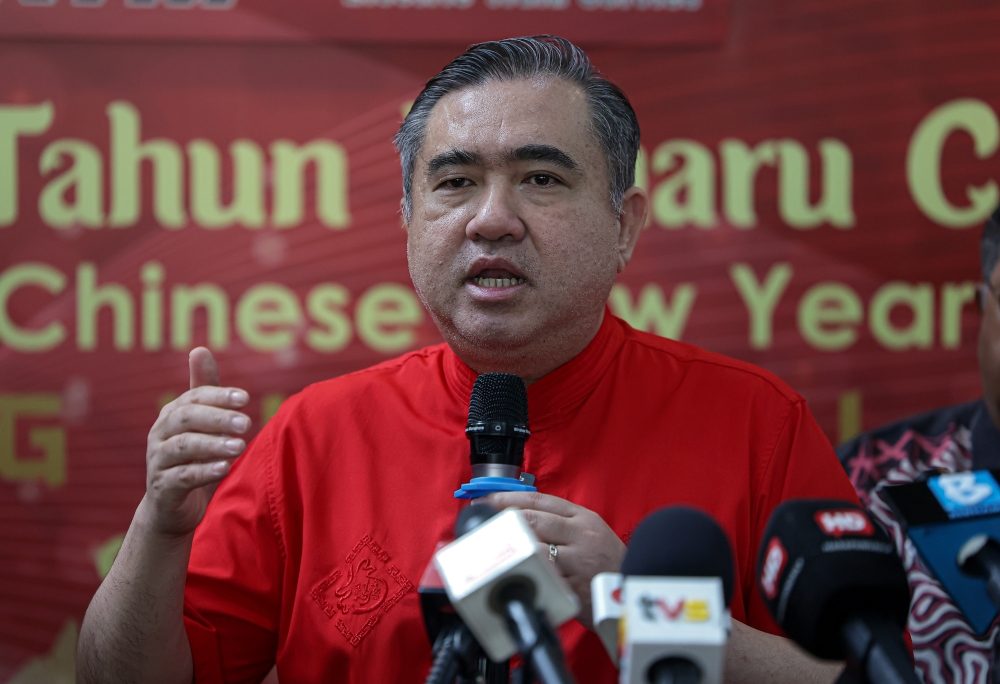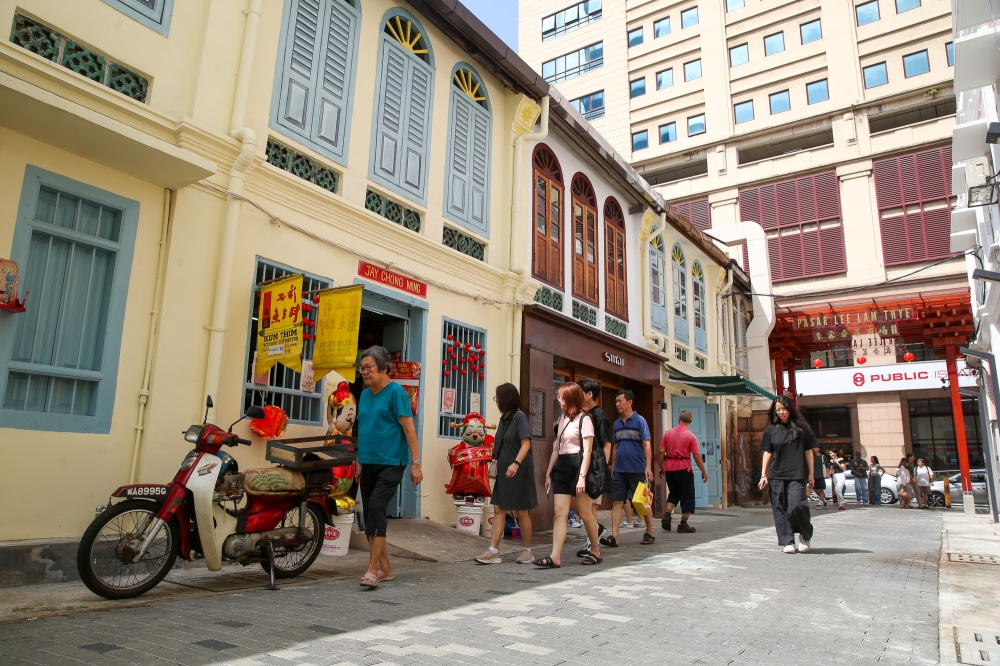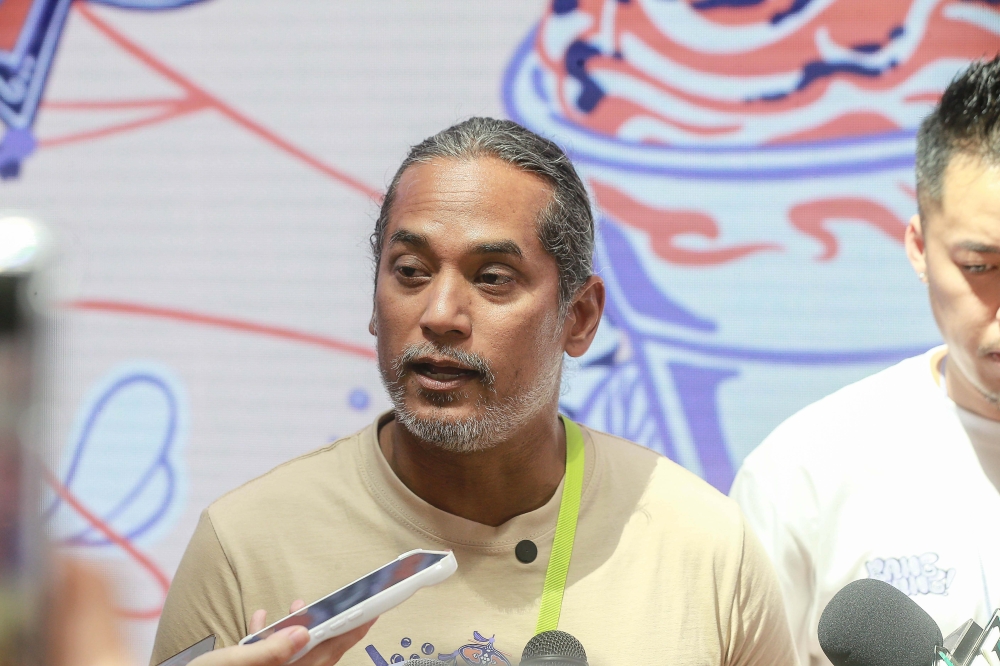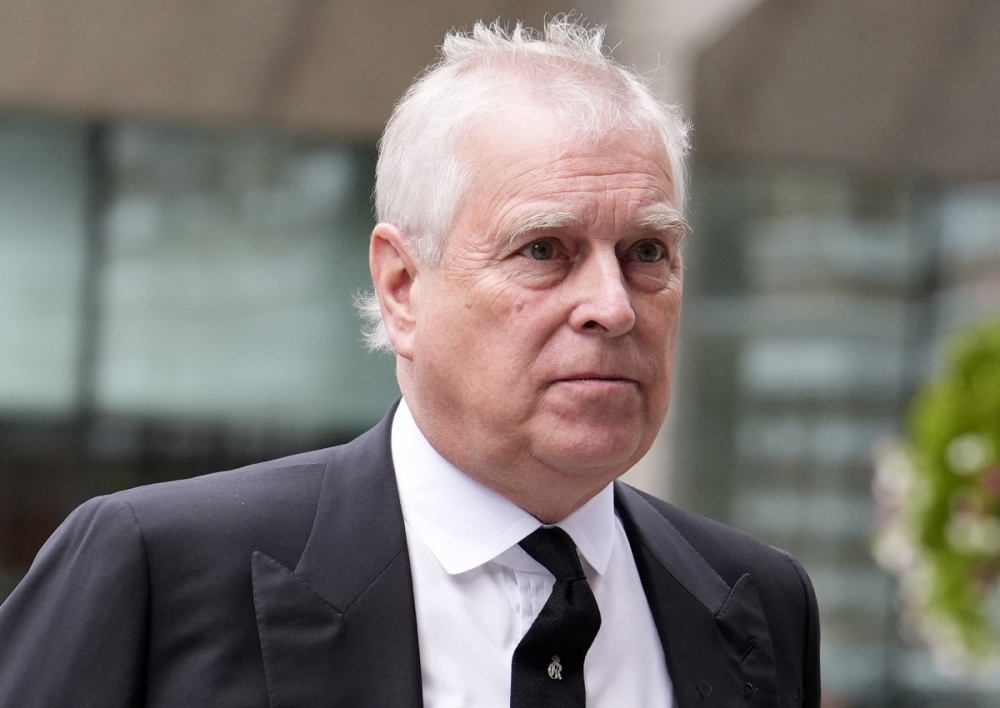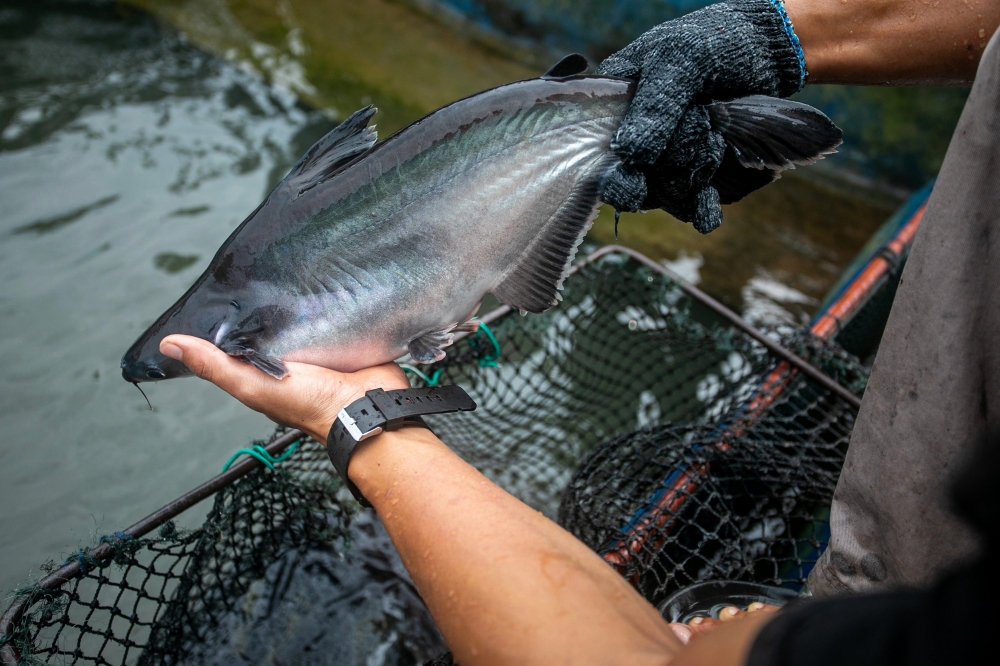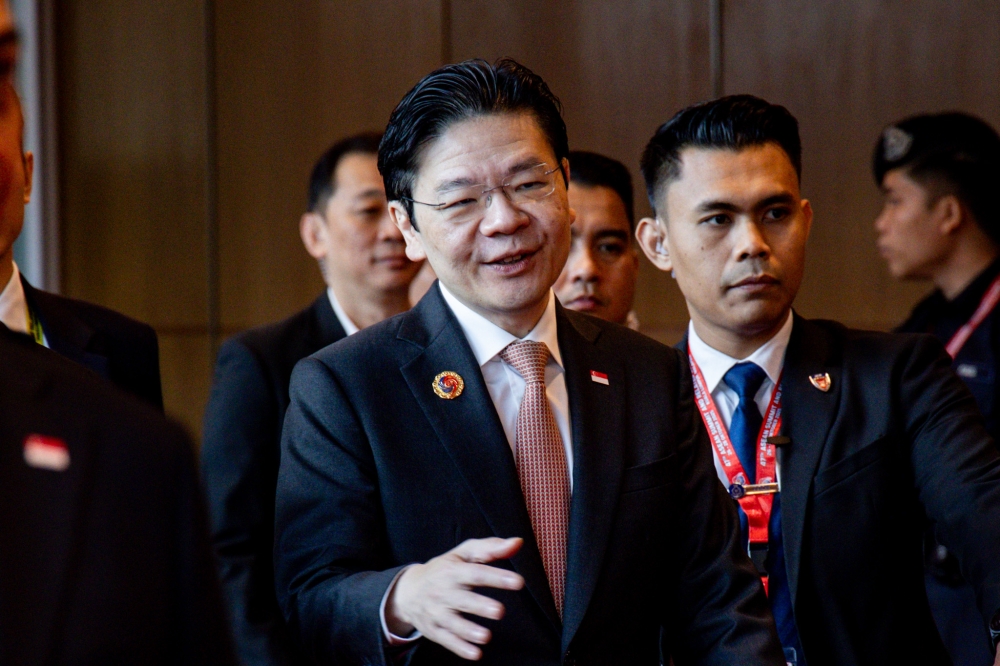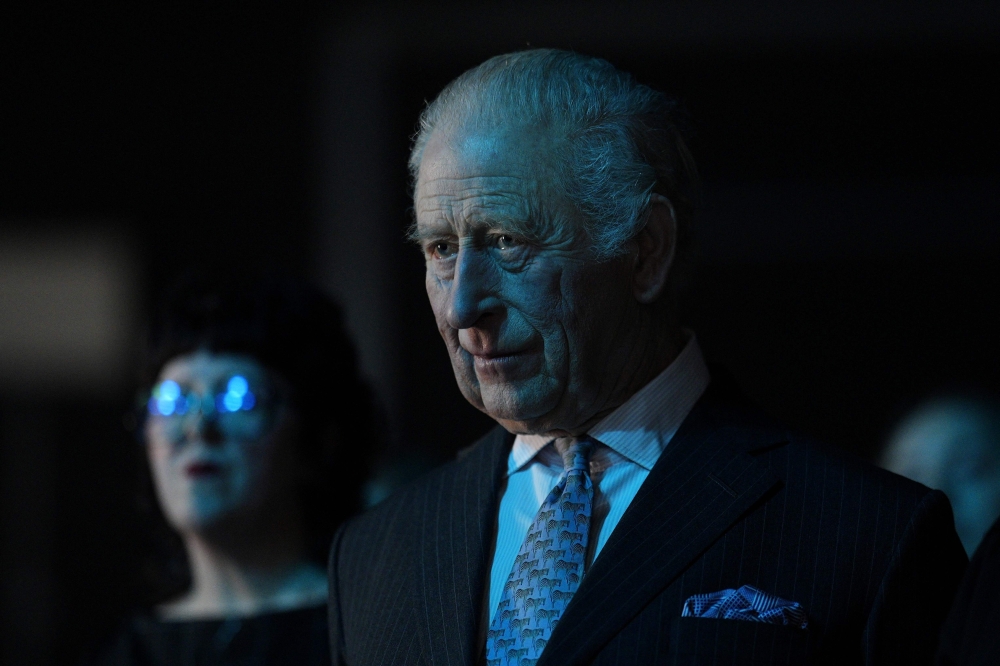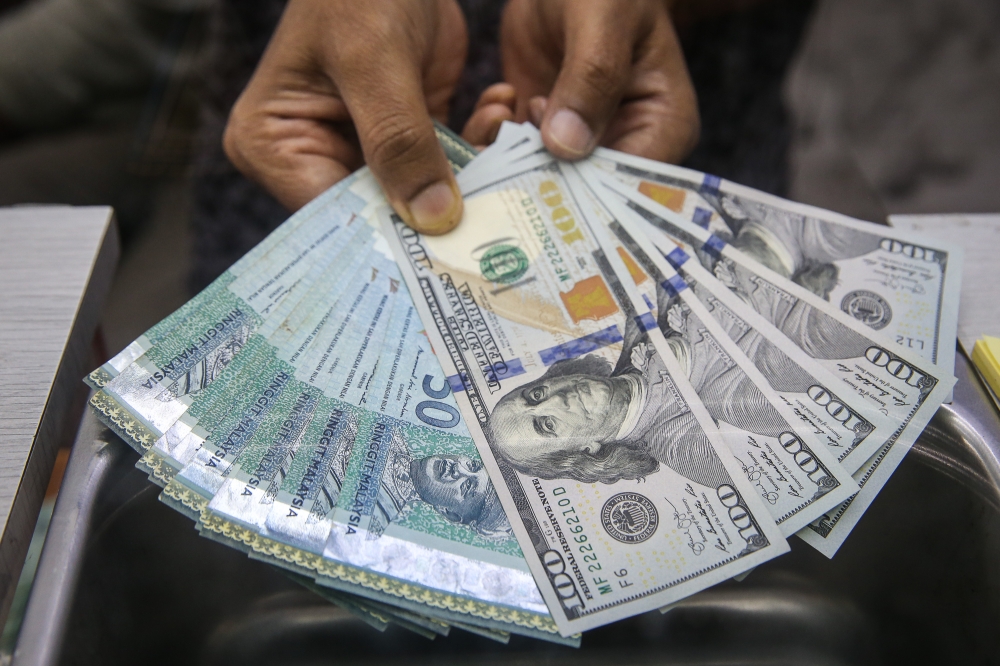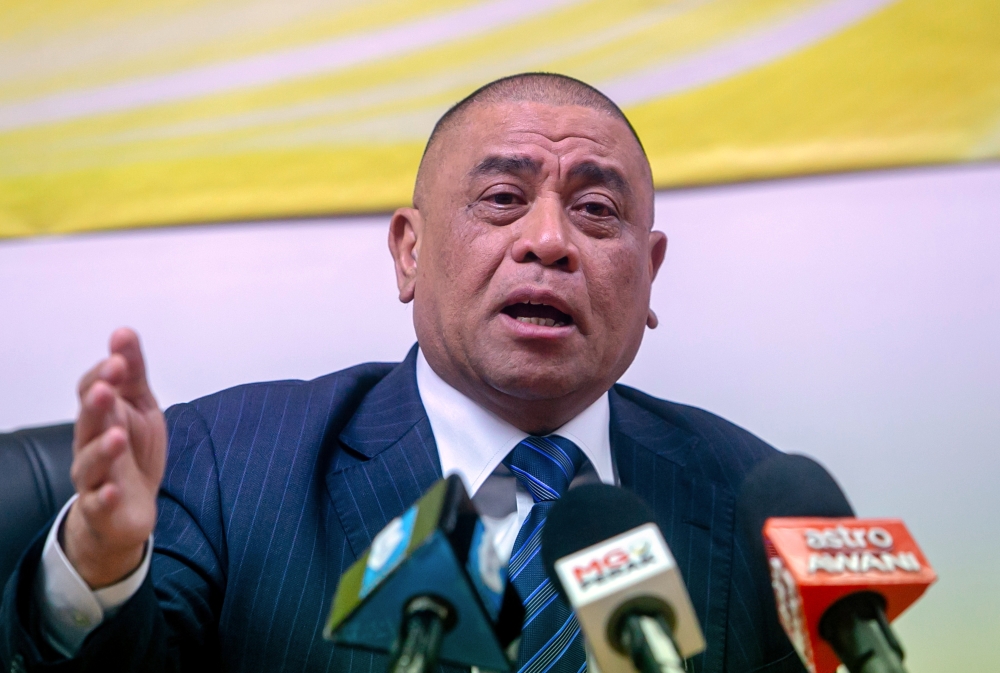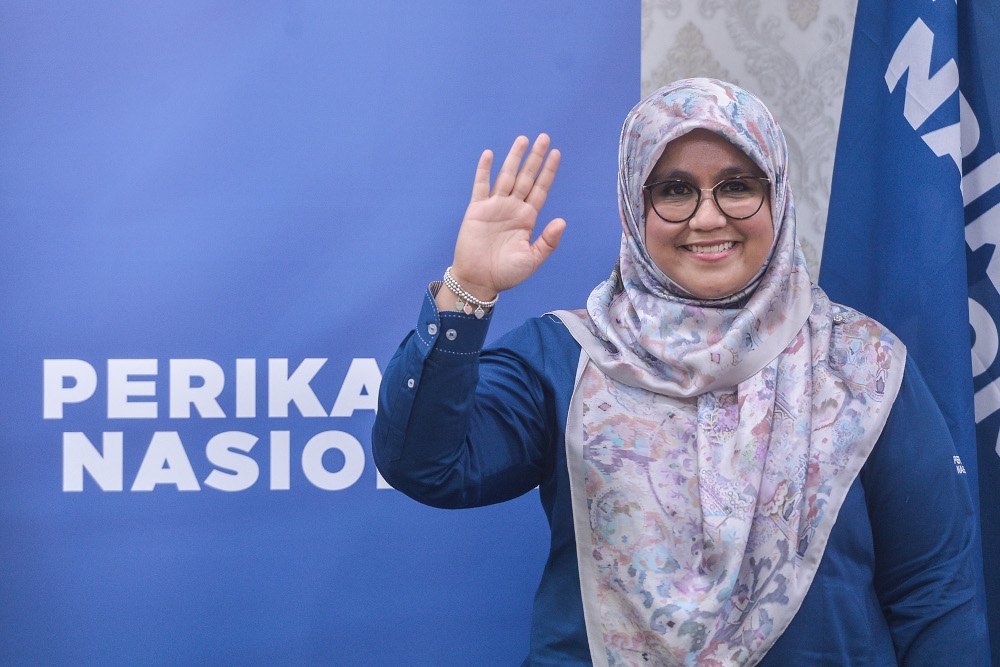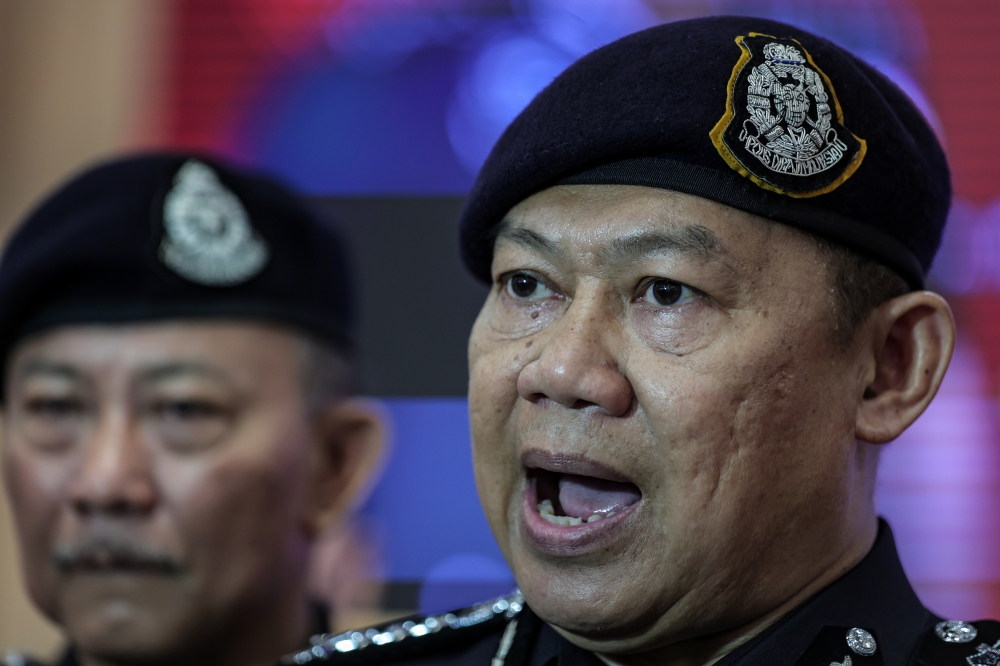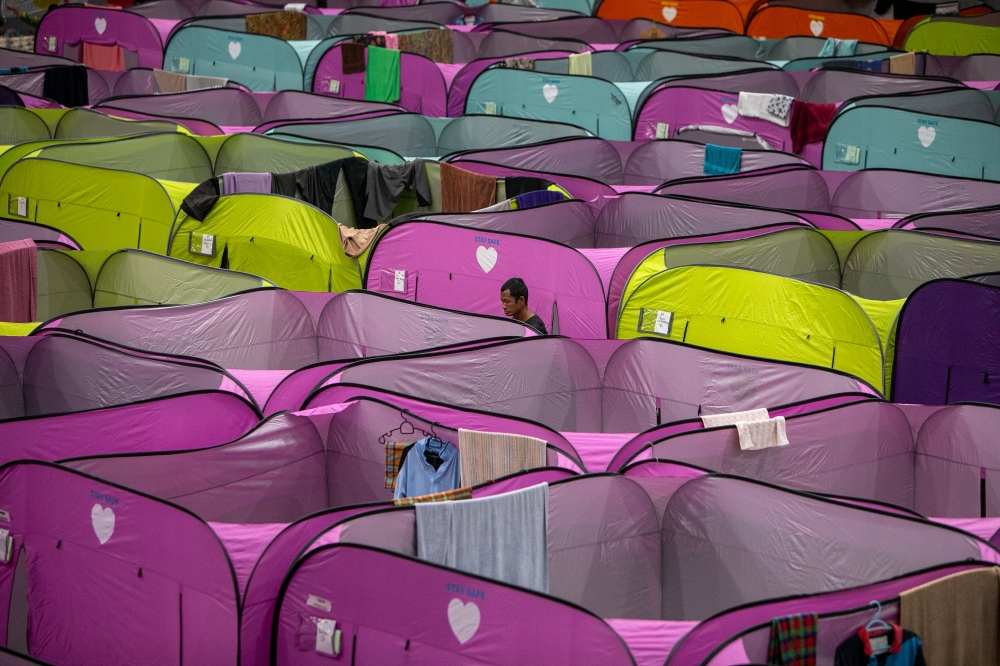KUALA LUMPUR, Aug 4 — PT Foundation’s (PTF) headquarters is located at the end of Jalan Ipoh Kecil.
Head up the stairs and you will reach the office, which is a simple set up.
It doesn’t look like much but thousands of people have passed through the corridors where they sought help or to lend support in the non-governmental organisation’s work against HIV/AIDS.
There have also been those who came in for help, became volunteers and joined the foundation as full-time staff members.
Considering PTF has been around for close to 31 years is testimony of how they soldiered on, providing help to the marginalised despite the challenges.
Having started out with a telephone counselling service (which still exists), the foundation, formerly known as Pink Triangle Sdn Bhd, also ran other programmes that reached out to the marginalised.
These programmes have now branched out to be standalone organisations such as Seed Foundation, Ikhlas, Pertubuhan Kebajikan dan Kesihatan Umum Malaysia and Pertubuhan Advokasi Masyarakat Terpinggir.
Currently, PTF runs the Community Health Care Centre (CHCC), the Treatment Adherence and Support Programme for gay men who are living with HIV (MSMPOZ), a psycho-social mentoring and support programme for urban poor children infected or affected by HIV (2nd Chance programme), and an internet outreach programme promoting testing among gay men (I-Power).
Acting chief operating officer Raymond Tai said PTF is undergoing a transition from being a non-governmental organisation depending on donors and funders to sustain its programmes and services, to become a more resourceful organisation with means to generate revenue.
Case in point is on how the CHCC is being managed as a social enterprise, where beneficiaries of the programme pay a small fee for HIV and other sexually-transmitted diseases tests and counselling services.
Beneficiaries are also encouraged to pay forward extra money so these services can be given free to those who cannot afford it.
Fees are kept low by having certain test kits sponsored by the Health Ministry, while more expensive fourth generation test kits are offered to CHCC at a discounted price.
The centre trains community volunteers and interns to conduct the tests and provide counselling, in an effort to task shift from a medicalised approach to a community based setting.
The centre is now expanding to become Malaysia’s first community-based sexual health clinic and offer medical consultation, asymptomatic diagnostic lab tests, and treatment packages under one roof.
A nurse will be on site to draw blood for tests and there is a doctor who comes in every Saturday.
Other innovative services on offer are post exposure prophylaxis and pre-exposure prophylaxis.
“The key is to make sure that we are sustainable for the next 10 or 20 years.
“We want the CHCC to be the preferred one-stop centre for men’s sexual health care, and the best point-of-care community based clinic in Malaysia.
“Another thing that was being looked into was how to cater to an ageing population.”
Tai, who used to work in advertising, also remembered the time when the foundation was close to shuttering due to lack of funding.
But they have since managed to turn things around and one can sense the pride in his voice as he said PTF regularly receives good ratings from institutional funders.
However, the ultimate endorsement is those that comes from the communities it serves.
Servicing the community
Chairman Hisham Hussein, who came in with the second batch of PTF volunteers, is a well-known figure in HIV/AIDS advocacy.
Having been in the realm of fighting for the rights of minorities for close to three decades, he does not show any signs of slowing down.
“There were really good times and then there were the bad when government funding was cut because we were associated with the LGBT community.
“There were those who said we were promoting sex because we were working with sex workers and MSM.
“But our objective has always been very clear. It is a question of public health. We don’t care who you are. It is not for us to judge.”
Hisham also said the foundation often “go to the ground” in its work for the various communities.
This was because they needed to know what the needs were in order to tailor programmes that would work.
The retired Tenaga Nasional Bhd civil engineer added that they were focused in coming up with tangible proposals when applying for funding.
“You need to think out of the box.”
On what kept him at the job, he said it was for the love of it.
“We are the pioneers in fighting HIV/AIDS. We helped in the setting up of the Malaysian AIDS Council (MAC) and writing its constitution.”
It was also one of the seven founding members of MAC and the foundation was awarded the Tun Dr Siti Hasmah Award by the Malaysian AIDS Foundation in 2008.
Another stalwart in the fight is HIV/AIDS consultant Khartini Slamah.
Although she has taken other jobs in the field that also took her overseas, Khartini is always drawn to return to PTF.
She first encountered PTF when she was with Persatuan Mak Nyah Wilayah Persekutuan (she was one of the founders) and a staff nurse at Hospital Kuala Lumpur connected her with the organisation.
Granted the services provided by PTF at the time did not include transgenders, Khartini nevertheless joined them.
This led to her working with communities like MSM, drug users, female workers, people living with HIV and eventually transwomen.
She moved up the ranks from outreach worker to coordinator and senior manager.
“I was the first transwoman to join. It took me two years of training. The ‘education’ was an eye opener. It was also hands on.
“What you need to remember is that outreach to each community is different. You cannot lump the transwomen in with the MSM.
“I am who I am today because of PT.”
While the foundation has had to cut back on spending in recent years, Khartini said activities like sharing sessions were still held every weekend.
“We used to have religious classes (fardhu ain). It is nothing like the mukhayyam that they have these days with talk of ‘balik ke pangkal jalan’ (repent).
“It was carried out based on request from those in the community who wanted to include religion in their lives.”
The programme was run together with the Federal Territory Islamic Religious Department representatives.
Another old-timer is Hanafi Ali, who started as a volunteer and went on to double as their administration coordinator and outreach worker.
He, like Khartini, constantly returns to PTF in various capacities.
He remembered the times when work also entailed taking clients for their check-ups in Hospital Sungai Buloh and checking on them to make sure they adhered to treatment.
“It gives me joy to see those who were not doing well recover. It is about helping to save lives.”
Hanafi is now the project coordinator for a UNHCR programme to train trainers to educate Rohingya about sexual health.
Social enterprise
If the PTF headquarters looks every bit of an NGO set-up, the CHCC, located in Sentul is slightly swankier.
The new premises is set up with facilities a waiting room, registration counter and testing rooms. They also have face-to-face counselling services.
CHCC was set up at the latest location thanks in part to funding from Malaysian Global Innovation and Creativity Centre.
CHCC also received accreditation as an Impact Driven Enterprise by the Finance Ministry.
Funding is also from the Isean-Hivos programme, a regional grant funded by the Global Fund to Fight AIDS, Tuberculosis and Malaria.
Clinic manager Frederick Pour said the centre started out as a voluntary counselling and testing programme that expanded its services to what it is today.
He added that while free services were still given, those who chose to pay could go for the more sophisticated fourth generation HIV testing. PTF is the only NGO in Southeast Asia to provide this test.
“It is now a place where the community can come and not feel ‘weird’ about getting services,” he said.
“It was a bold step by an NGO to start charging but it has worked. It is a pay-it-forward concept where what you pay goes back into the system to fund the centre.”


